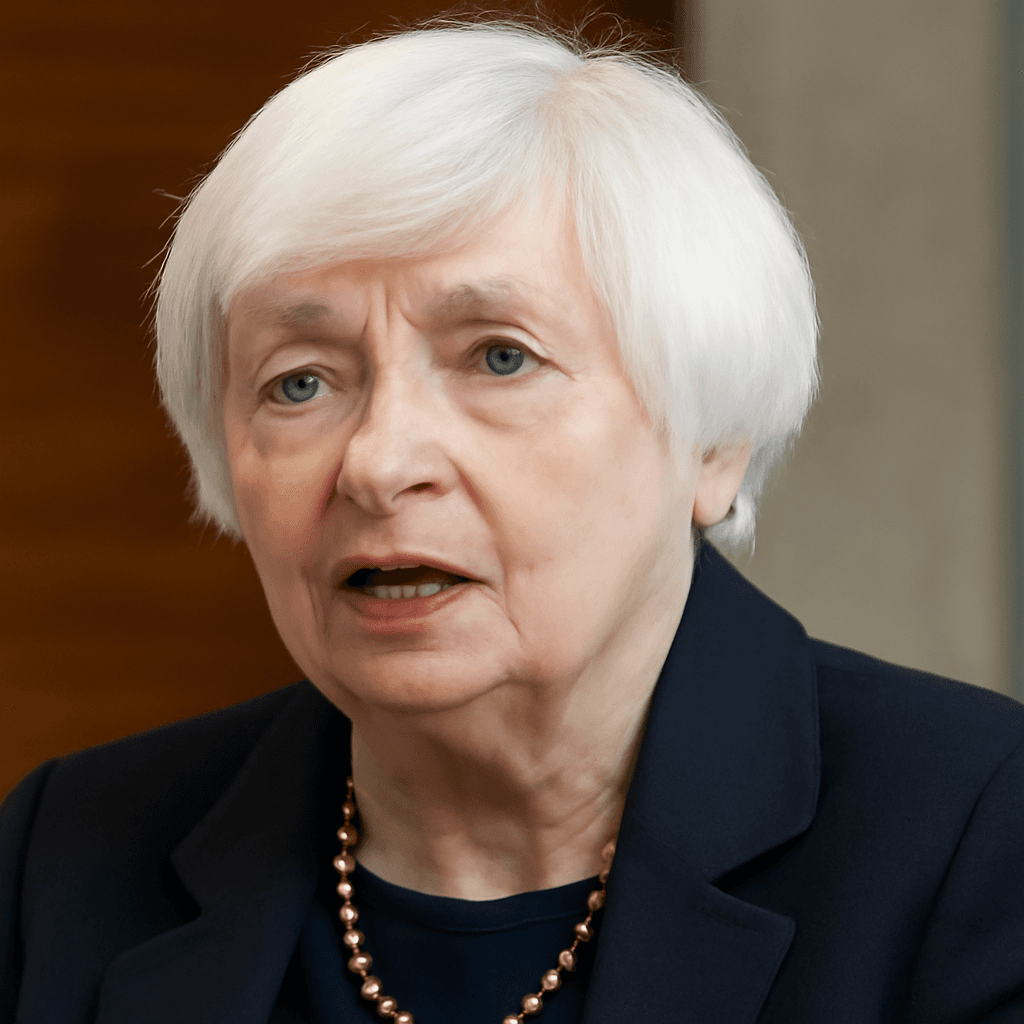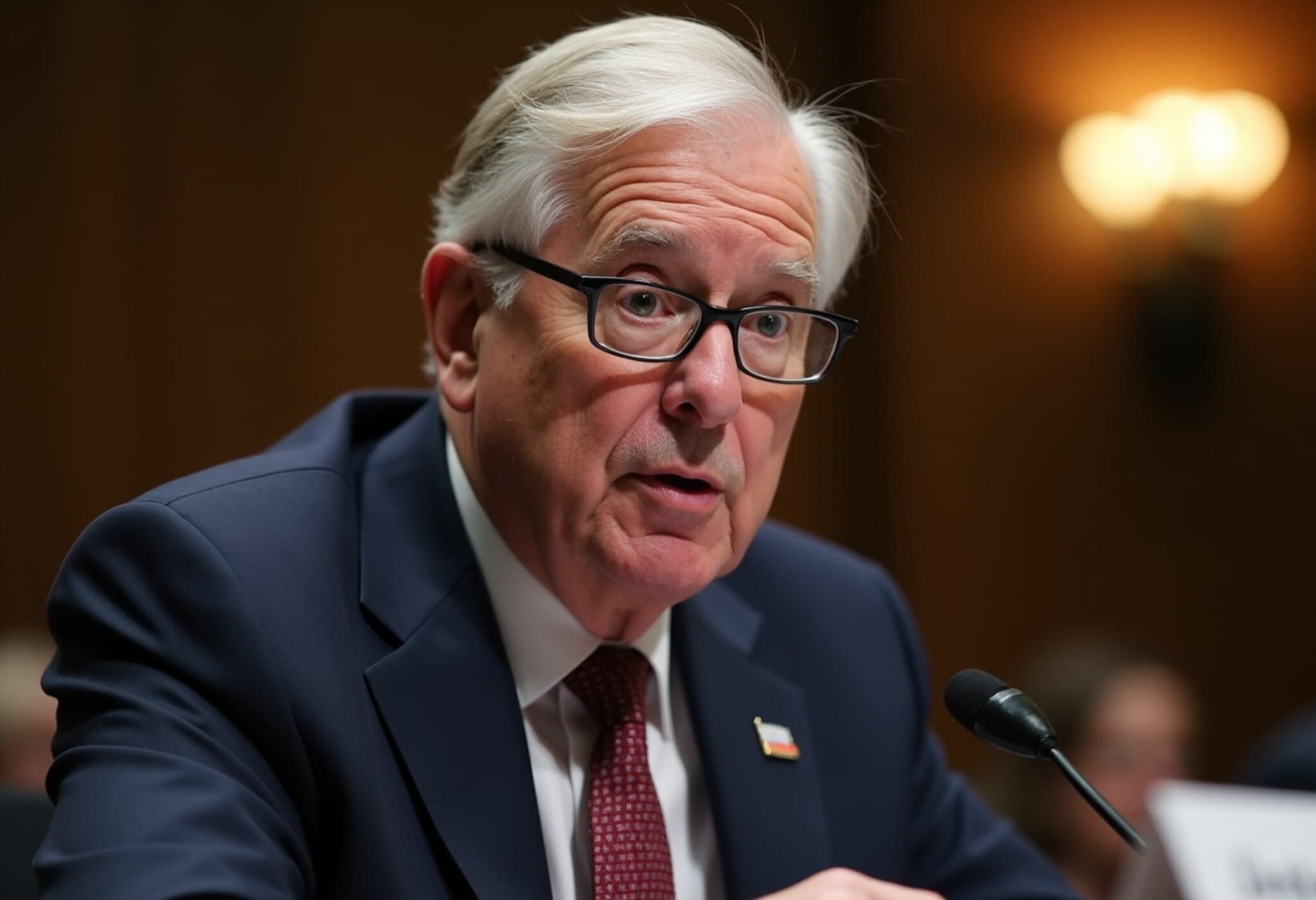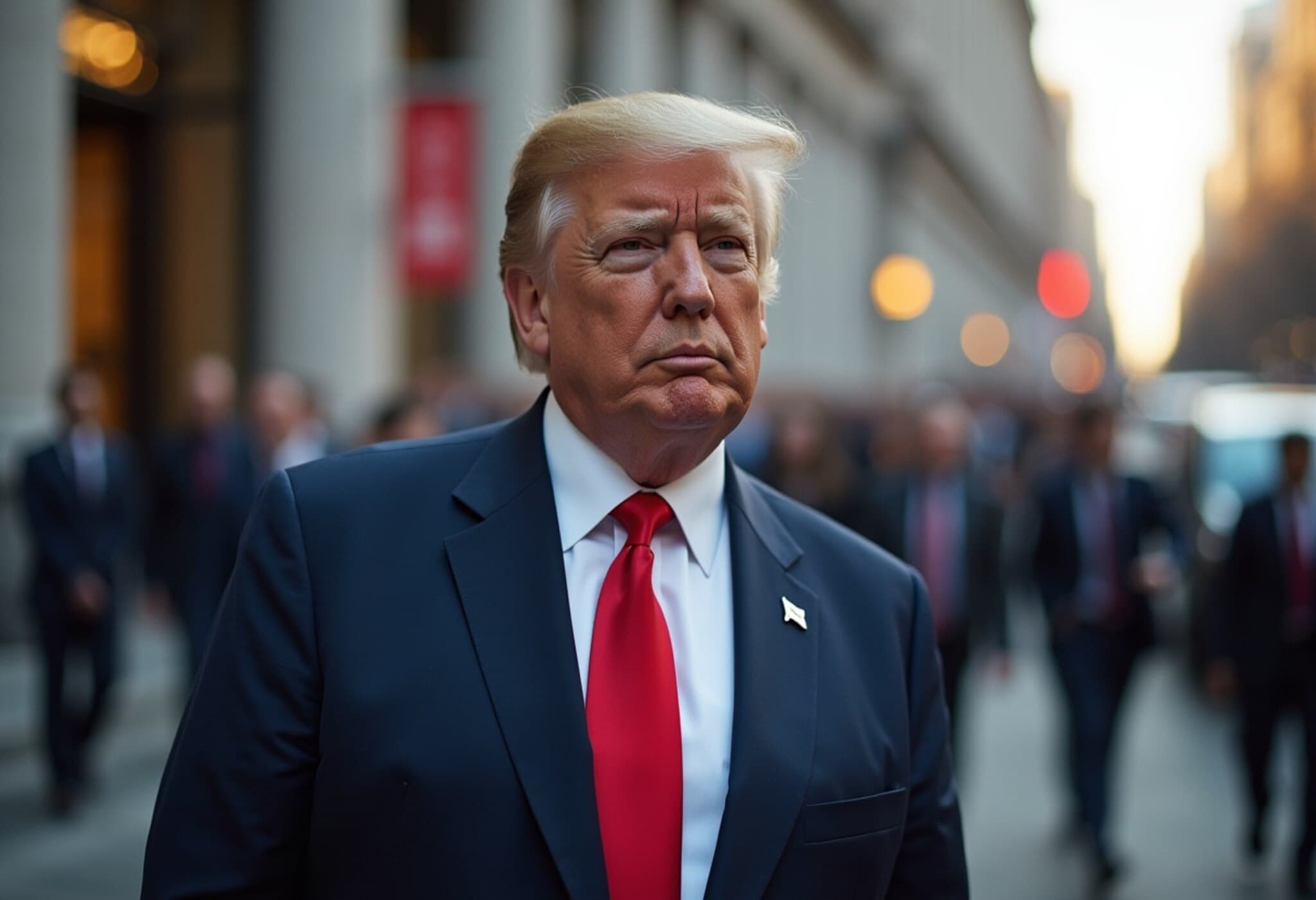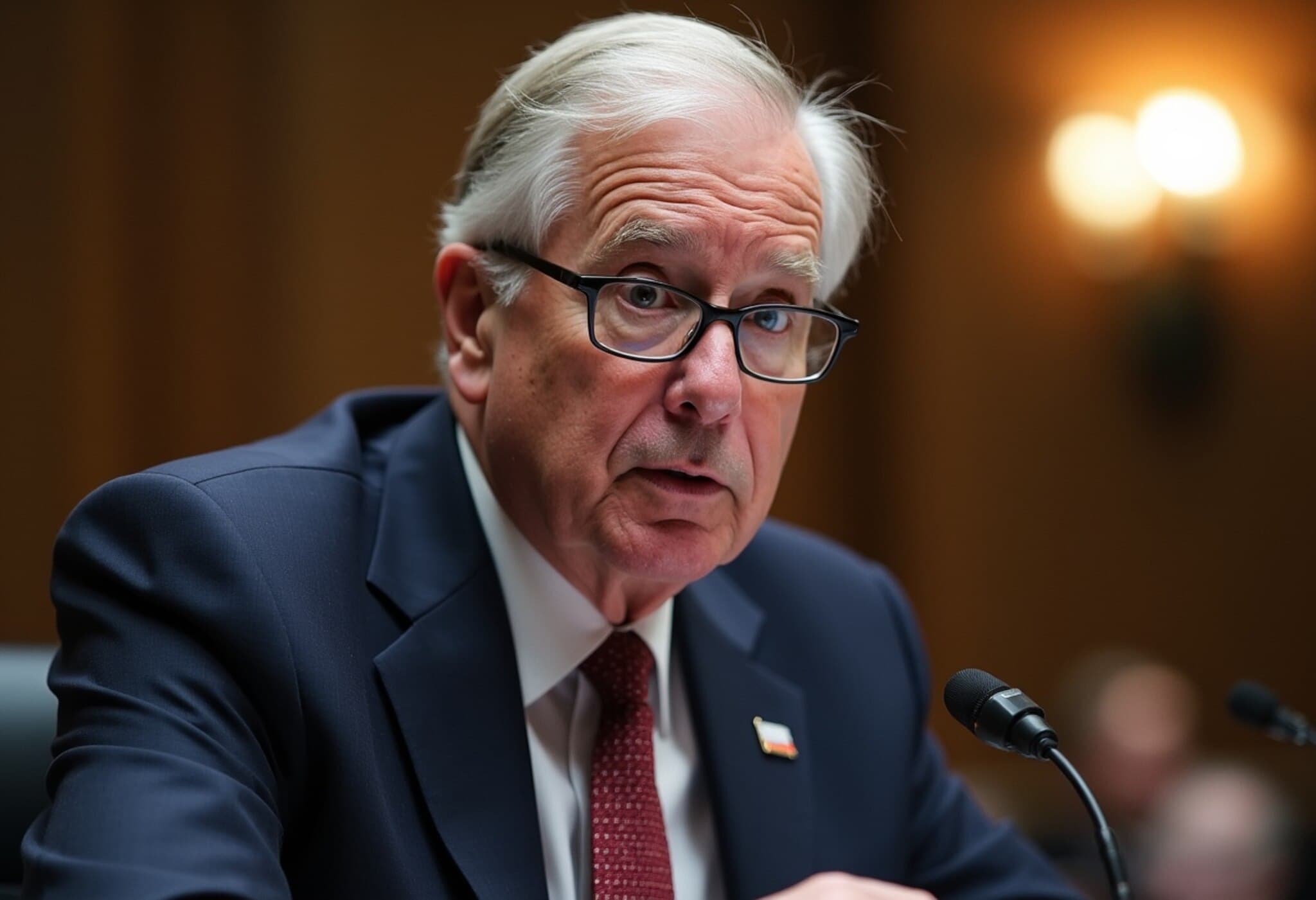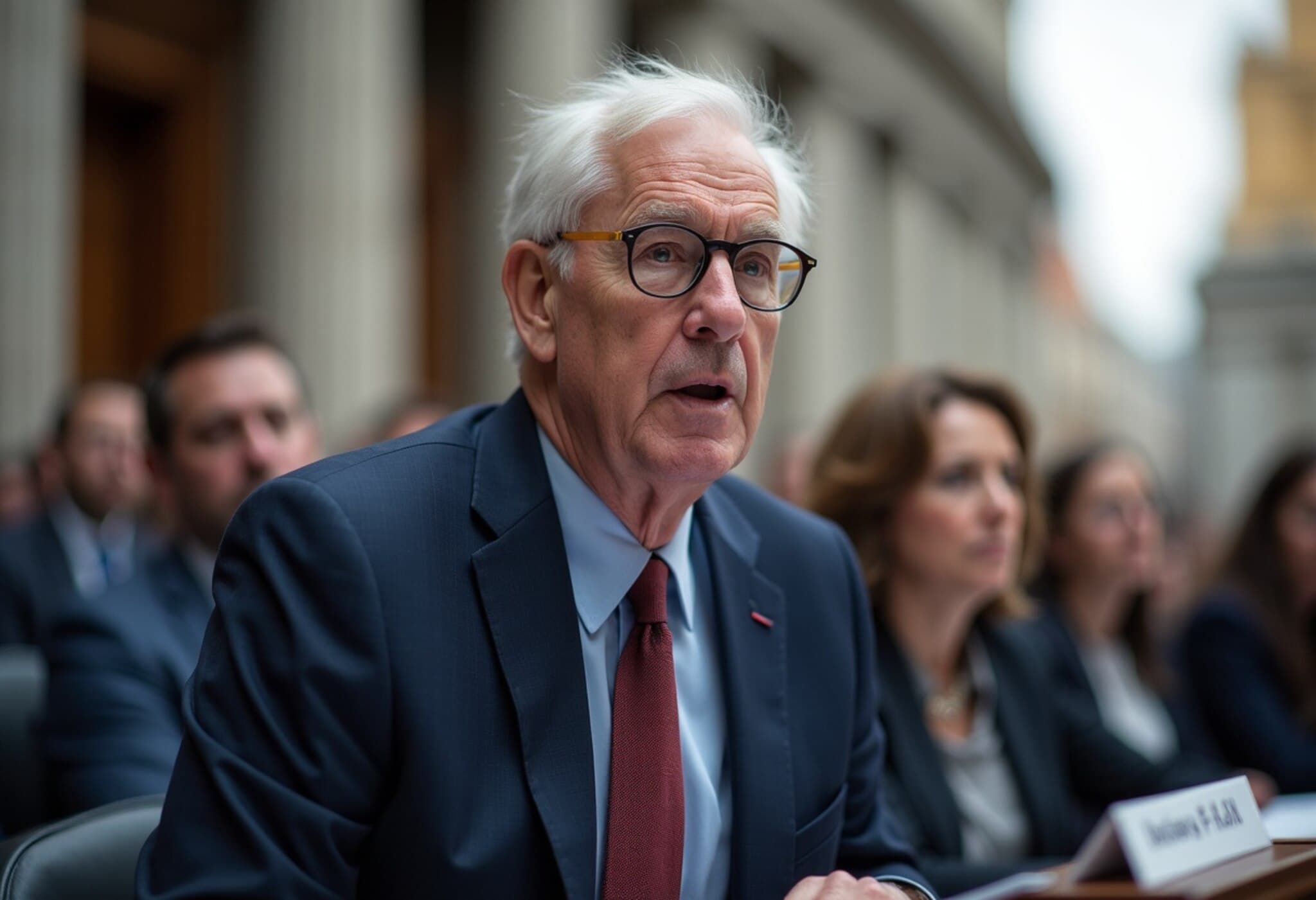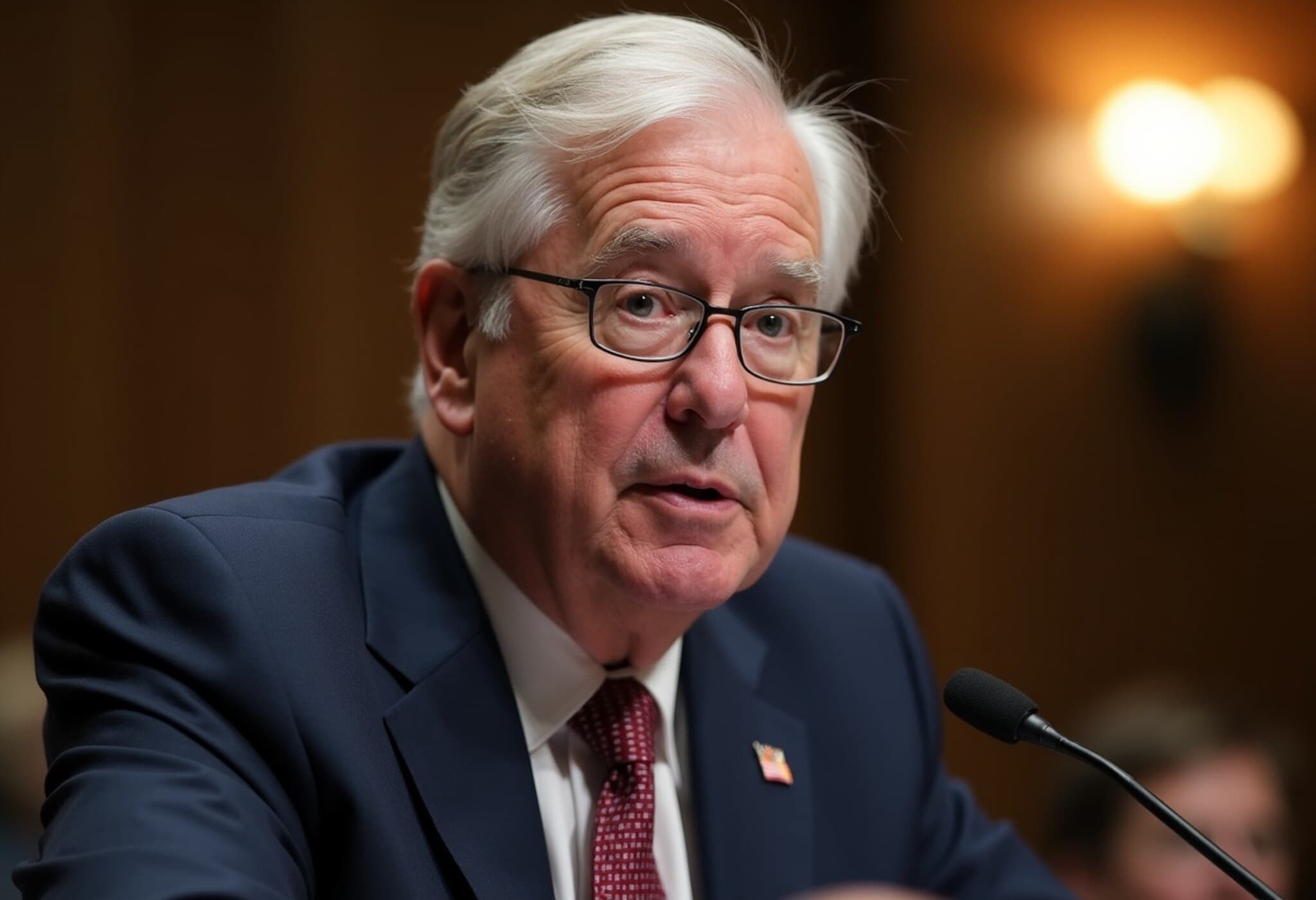Janet Yellen Predicts Significant Inflation Rise Due to Tariffs
Janet Yellen, former U.S. Treasury Secretary, has forecast that tariffs introduced under President Donald Trump's administration will likely drive inflation to increase by at least 3% year-over-year. Speaking on a financial news platform, Yellen emphasized that these tariffs will not only elevate consumer prices but also erode average household income.
Tariffs' Impact on Prices and Household Income
Yellen explained, "I definitely expect that we're going to see them impact pricing," highlighting the strong correlation between tariffs and rising costs for consumers. She further detailed that the most optimistic projections estimate an average household income reduction of around $1,000 due to the cascading effects of these tariffs. Notably, this figure could increase depending on how the tariff policies evolve moving forward.
Uncertainty Surrounding Tariff Implementations
Despite her clear warnings, Yellen acknowledged considerable uncertainty about which tariffs will eventually go into effect. This ambiguity, in her words, makes it challenging to precisely gauge the full extent of the economic consequences.
Contrasting Inflation Trends and Federal Reserve Response
Interestingly, recent data from the U.S. Bureau of Labor Statistics reveals inflation rising at a slower pace than initially anticipated in recent months. This unexpected moderation has been a point of contention in political and economic discussions.
President Trump has capitalized on the softer inflation figures to criticize the Federal Reserve Chair's handling of interest rates, calling for lower rates to stimulate growth. Meanwhile, some of the President’s supporters argue that tariffs aren't a significant driver of inflation, a stance that contrasts with Yellen’s warning.
Fed's Dilemma on Inflation and Tariffs
Having served as Federal Reserve Chair from 2014 to 2018, Yellen provided insights into the central bank’s cautious stance. She pointed out that the Fed remains uncertain about the tariffs' impact on consumer spending, the labor market, and inflation dynamics.
She urged vigilance regarding potential second-order effects, such as wage increases or shifting inflation expectations, which could further entrench inflationary pressures. Yellen remarked that these factors likely keep the Fed in a "latency" mode, where policymakers observe developments closely before adjusting monetary policy.
Looking Ahead
In summary, while inflation trends have shown some signs of easing, the looming effects of tariffs pose risks that could push inflation higher and reduce household incomes. The evolving tariff landscape and its economic repercussions remain critical variables to watch, influencing both consumer experiences and central bank policy decisions in the months to come.

